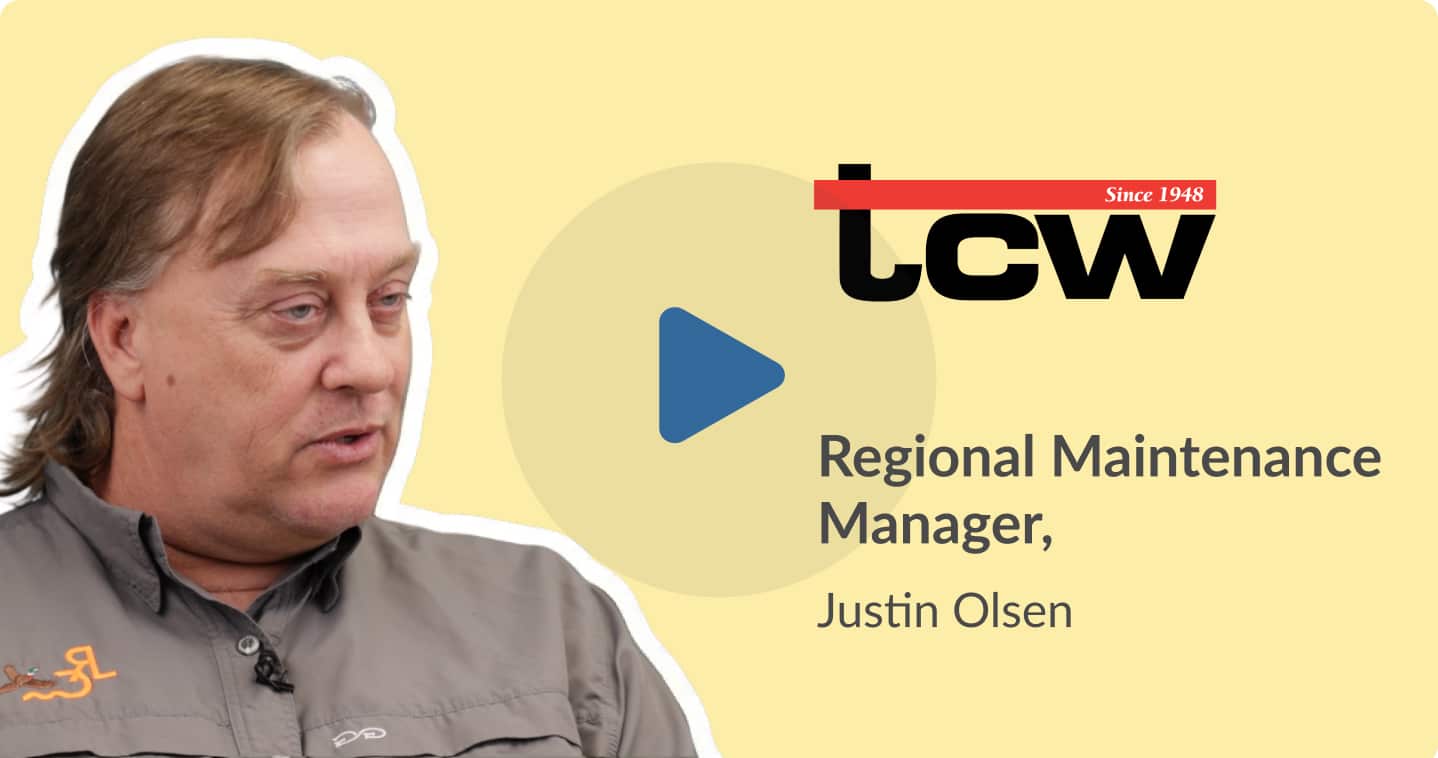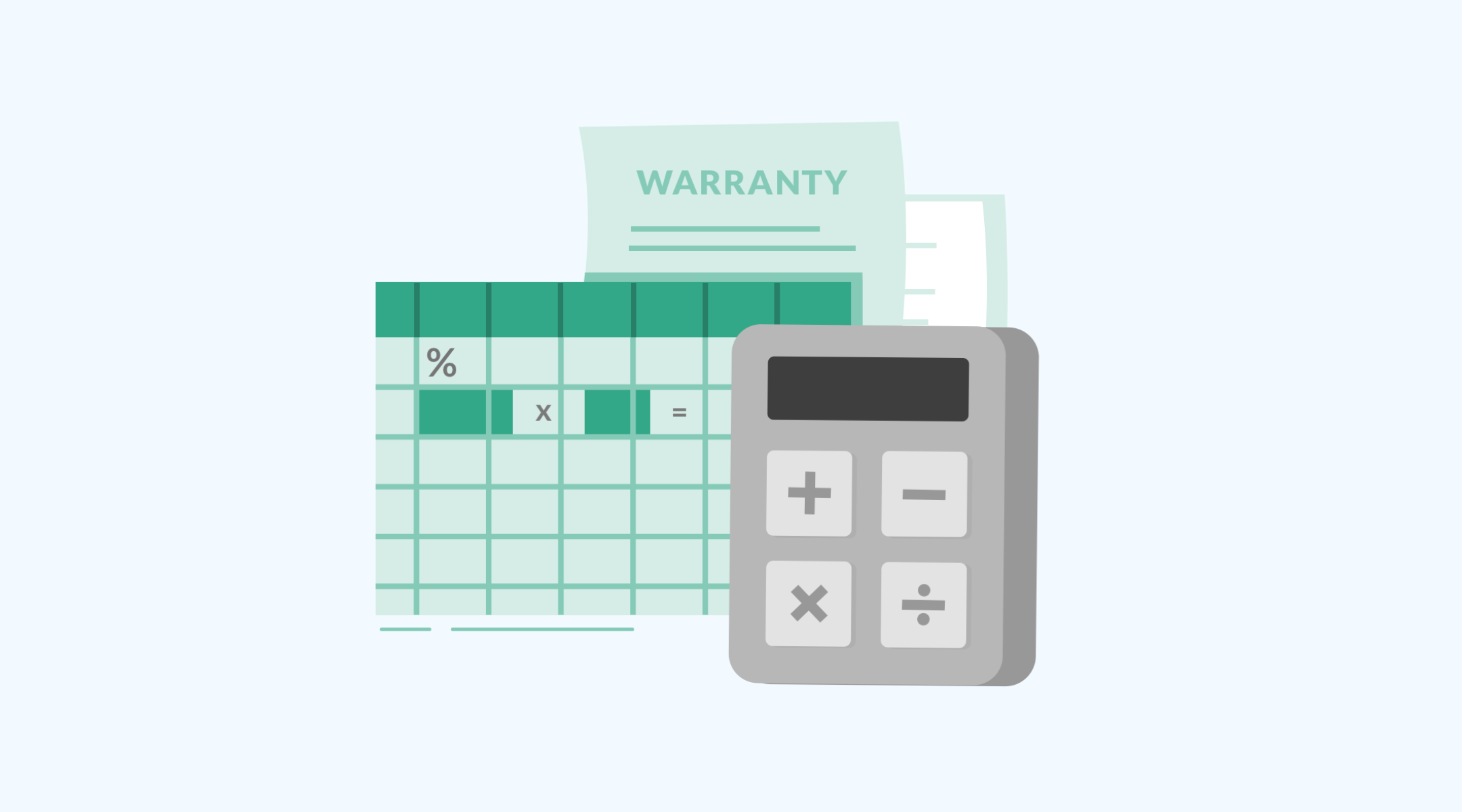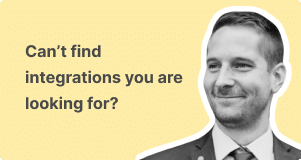How mission-critical is it to select a fleet maintenance management software that is SOC-2 compliant? In a digital landscape where new data breaches are reported daily, taking the necessary precautions to protect your organization’s data has never been more important. Maintenance teams have unique challenges with different decentralized systems capturing data from accounting, customer, vendor, maintenance, and repair data. That’s why conversations about how prospective vendors will treat your data are paramount for security-conscious organizations when evaluating maintenance software solutions.
Any vendor can talk about its secure data practices. However, a SOC 2 certification is an objective verification from expert auditors that the vendor follows best practices regarding data security and privacy. If your organization prioritizes security and data privacy, understanding the vendor’s data practices and compliance status can help select a best-fit solution.
What are the benefits of SOC 2-compliant maintenance software?
- Know your data is handled and stored securely
- Ensure data privacy is protected in accordance with privacy laws and industry best practices
- Reduce risk of unauthorized access, data breaches, and data loss
- Meet regulatory or contractual obligations
- Build trust with your customers
- Future-proof your systems with the highest standard of security, privacy, and data-handling practices
What is SOC 2?
Service Organization Control 2, or SOC 2® as it is commonly known, is a widely recognized auditing standard developed by the Auditing Standards Board of the American Institute of Certified Public Accountants (AICPA). A SOC 2 report evaluates an organization, focusing on controls and processes related to security, availability, processing integrity, confidentiality, and privacy.
A qualified independent auditor conducts a SOC 2 audit, which assesses the service organization’s controls and processes against these criteria. The resulting SOC 2 report describes the controls and the auditor’s opinion on their effectiveness, providing a detailed review of a provider’s strengths in addition to risks or vulnerabilities.
Is Cetaris SOC 2 Compliant?
Cetaris is committed to safeguarding sensitive information and maintaining strong security and privacy practices to ensure the highest standards of data security and privacy. To request details about our audit process, please email [email protected].
Below are some of the security measures we have implemented to be SOC 2 compliant and reduce risk:
Access Controls: We construct access Control mechanisms to ensure only authorized team members can access systems and data. Our Access Control Policy is comprehensive and limits access to our information computing resources to personnel with a business requirement for such access. We use role-based access controls (RBAC) to assign and maintain consistent access controls. We also use authentication mechanisms like multi-factor authentication (MFA).Network Security: We employ network security measures such as firewalls and virtual private networks (VPNs) to protect our network infrastructure from unauthorized access, attacks, and data breaches.
Data Encryption and Backups: Our data is protected through encryption, in transit using TLS v1.2, and at rest using AES-256, and encryption keys are managed using Azure Key Vault. We use secure file servers and cloud-based storage solutions for data storage and avoid storing data on personal devices or USB drives that are susceptible to theft and loss. All mobile hard drives containing confidential data, including laptops, are encrypted. Backup copies of information, software, and system images are taken regularly to protect against loss of data, and they are stored separately from the production data location, both onsite
Incident Response and Business Continuity: We have incident response policies to ensure early detection, swift response, and mitigation of security incidents. We hold tabletop exercises regularly to identify gaps in our existing processes and educate team members on the dos and don’ts. Our Business Continuity and Disaster Recovery Plan keeps us well prepared to meet service outages caused by factors beyond our control and restore services to the broadest extent possible in a minimum time frame.
Vendor Management: Like our customers, we prioritize the security and privacy of our operations by thoroughly evaluating all potential vendors. We complete rigorous reviews of the security and privacy practices of all our vendors to protect our customers and maintain the highest standard possible.
Employee Training and Awareness: We conduct thorough pre-hire background checks on all prospective employees. Upon joining our team, new members undergo training to familiarize themselves with our security practices. Additionally, we provide regular training sessions to ensure all employees are well-informed and equipped with the necessary knowledge.
For additional information on our security practices, please visit our Security page.







